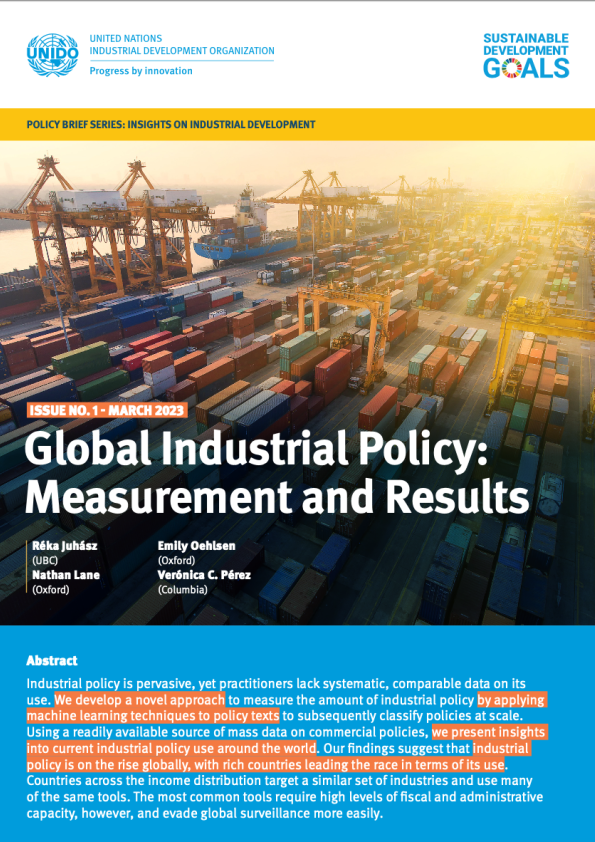
Survey of Supply Chains in Post-Conflict Conditions in Ukraine
2023 | Author(s): UNIDO
The report presents an analyses of critical industrial supply chains with the highest potential for growth, profitability, increase and job creation in Western Ukraine, focusing on resource efficiency, clean production and industrial symbiosis opportunities at the industrial park and company level.

















